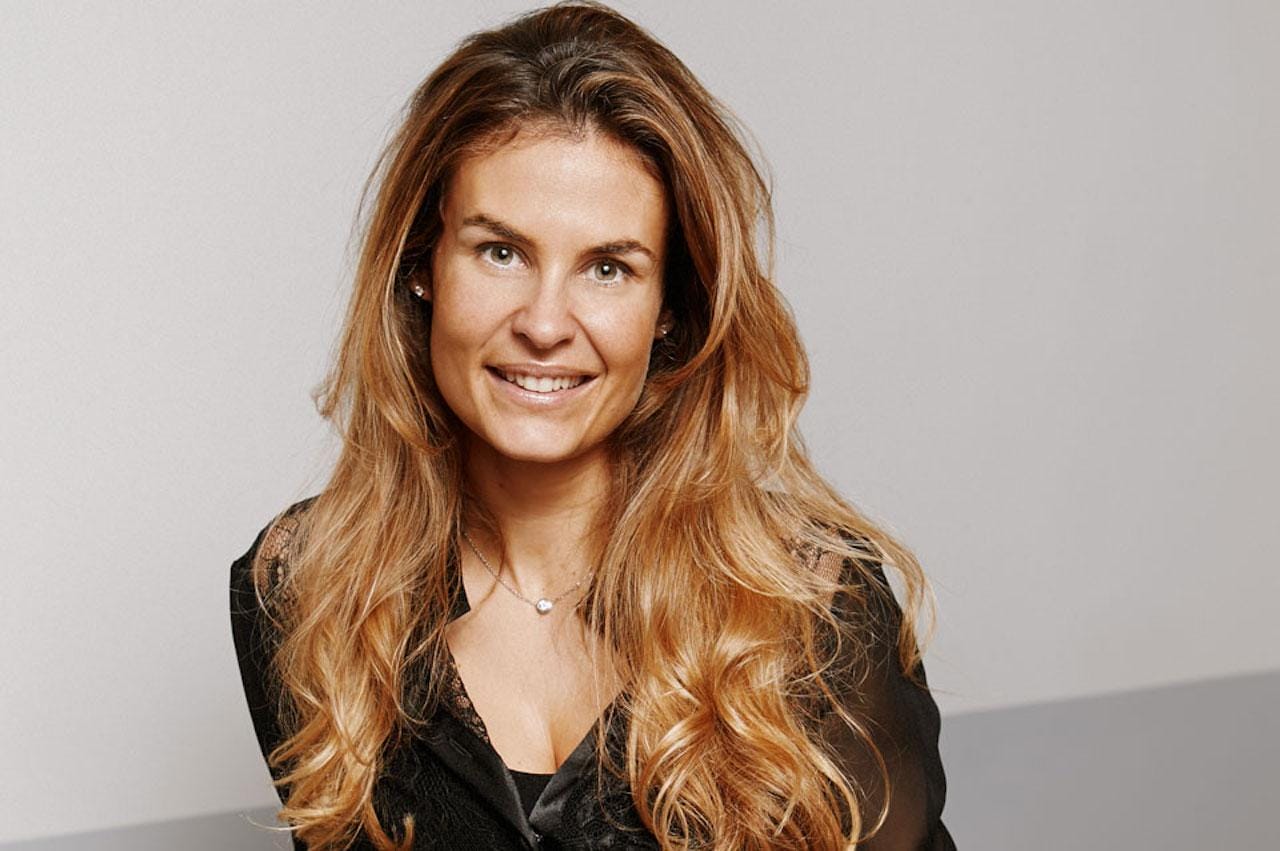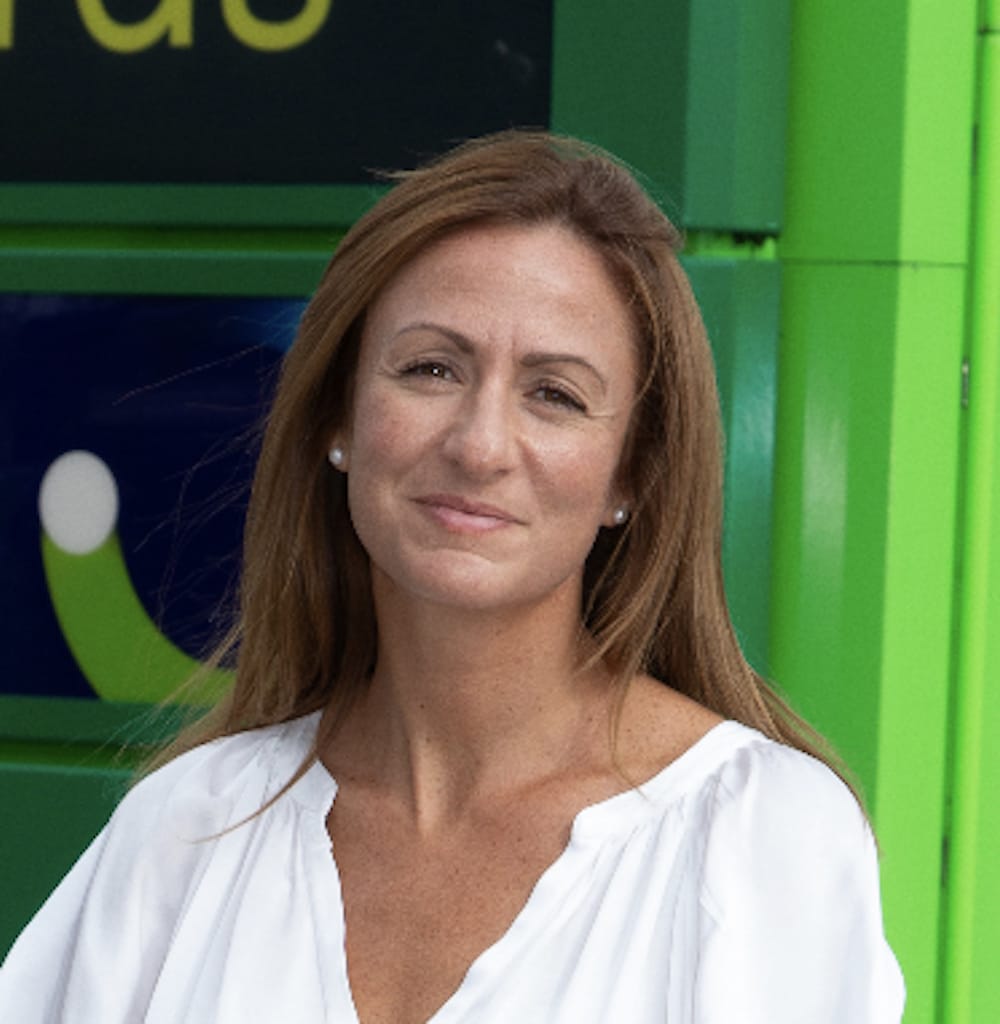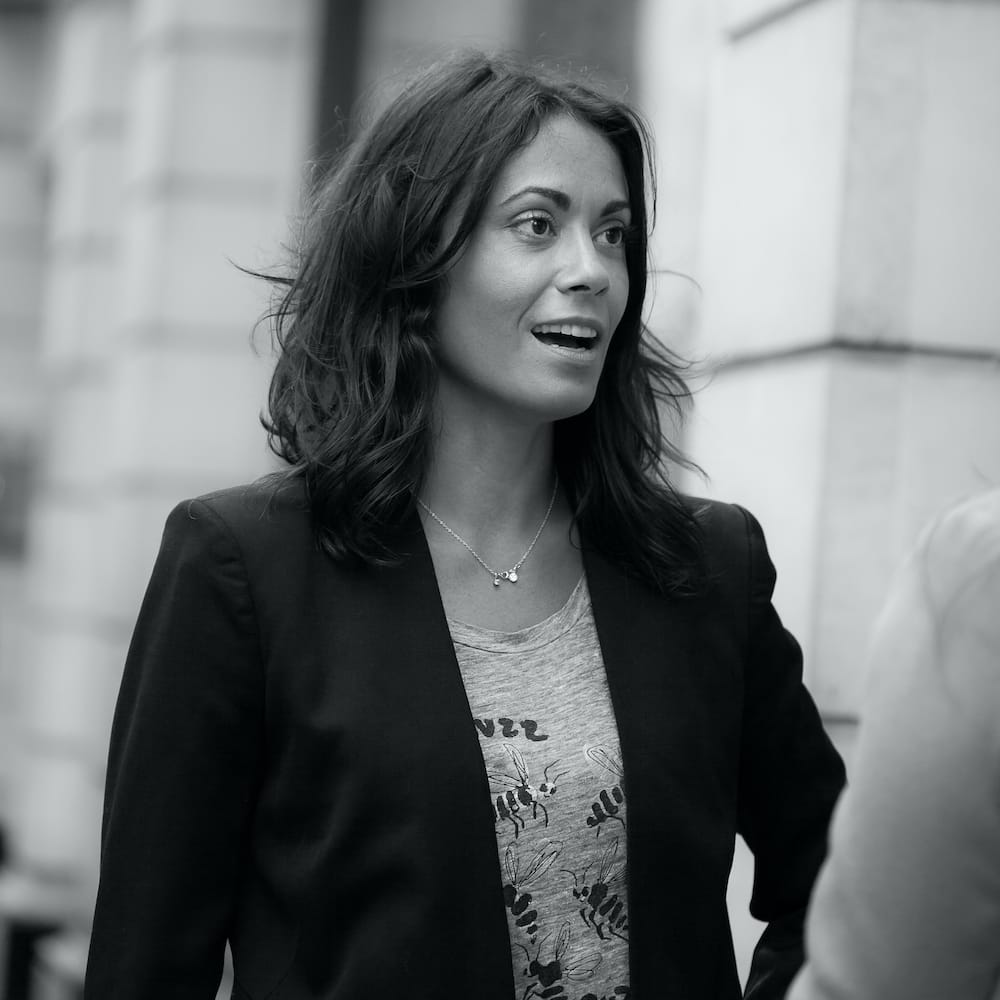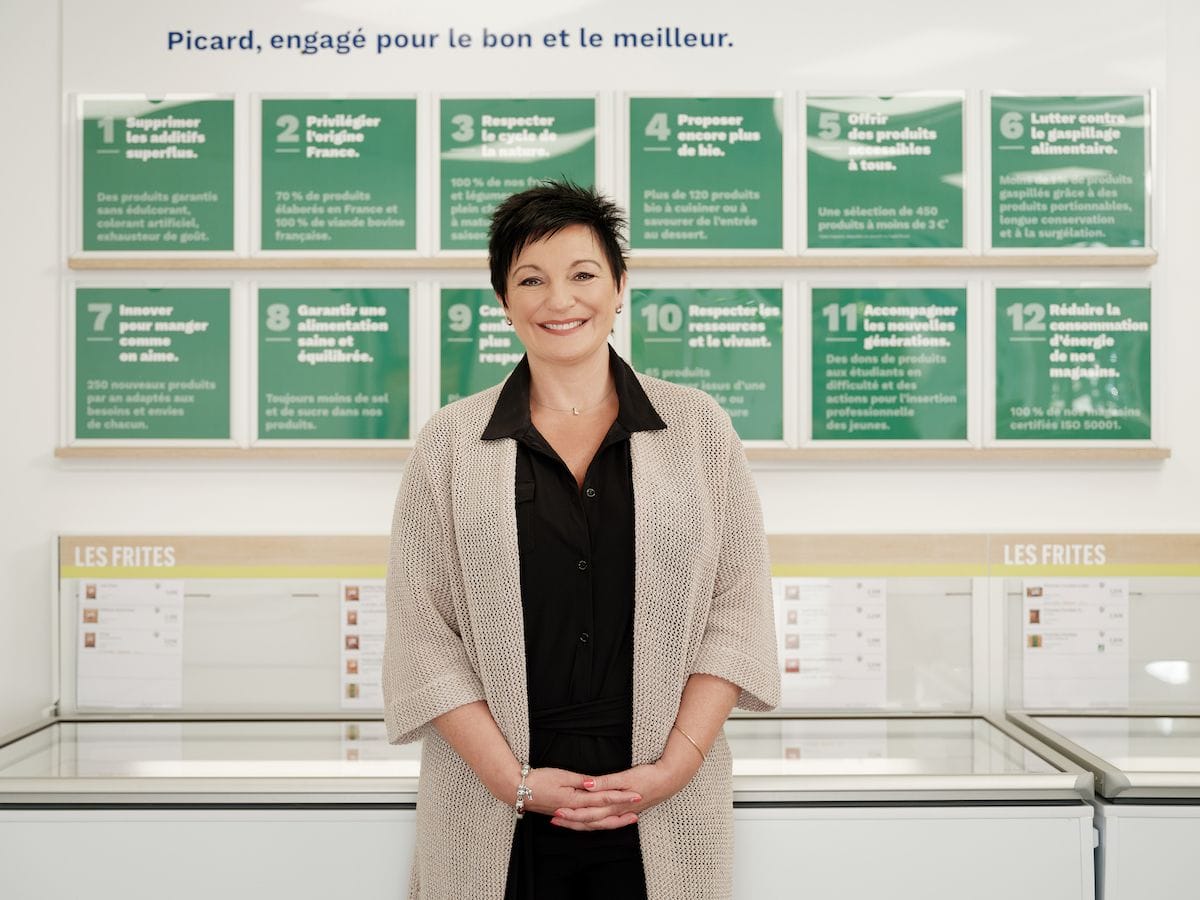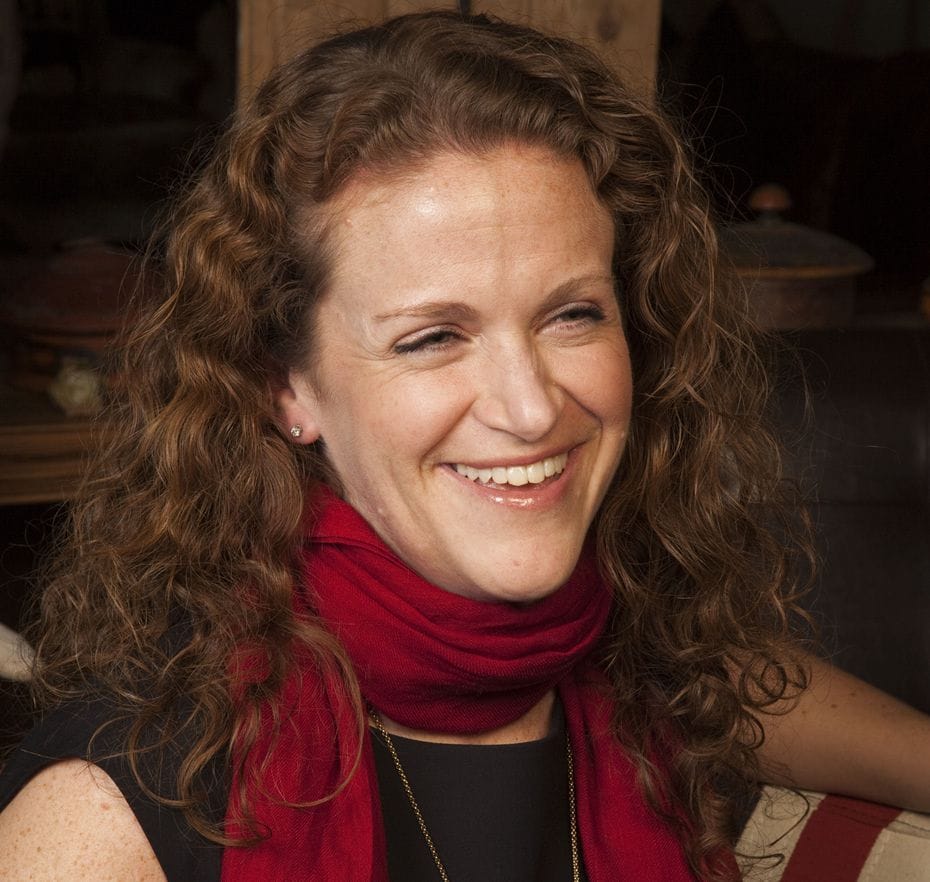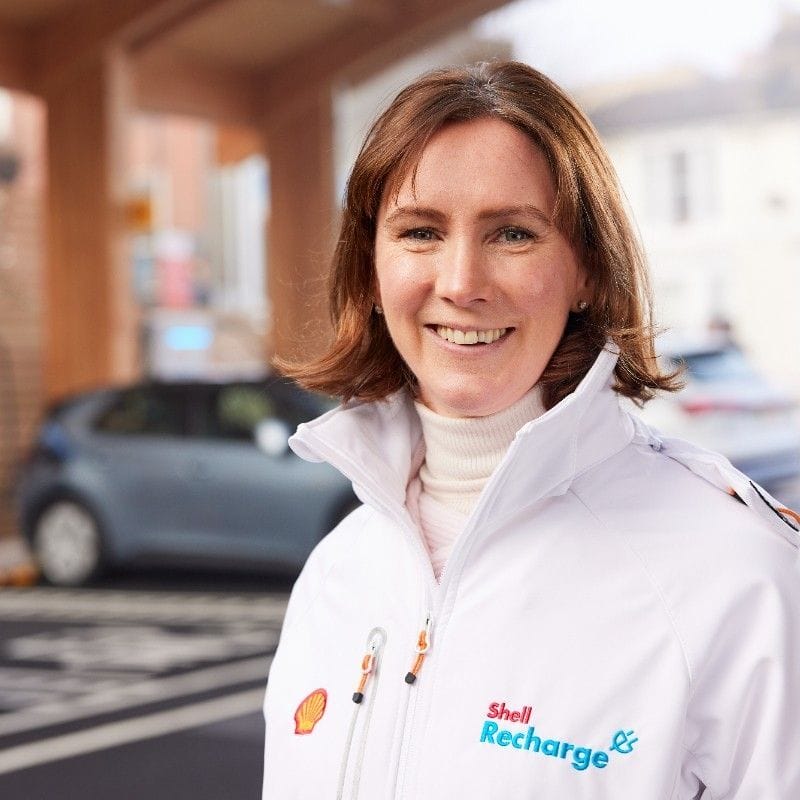Women executives in retail #5: Kresse Wesling, co-founder, Elvis & Kresse.
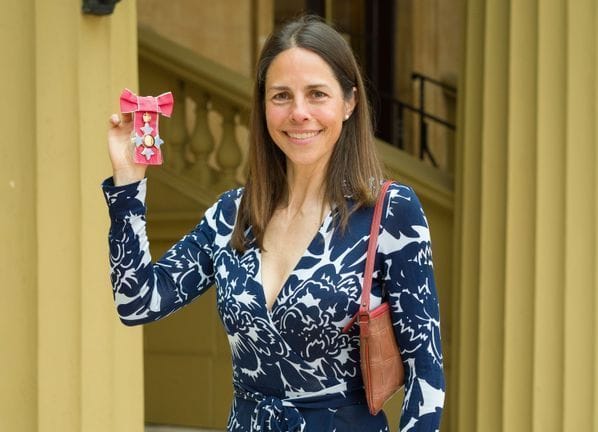
Kresse Wesling, co-founder, Elvis & Kresse.
Women who have reached senior positions in the retail world are (all too) rare, not to mention invisible, which is why we decided to get to know them better by inviting them to tell us about their career paths, the challenges of the past and those of the future.
Q&A with Kresse Wesling, co-founder, Elvis & Kresse.
Can you tell us a little about Elvis & Kresse?
Elvis & Kresse is a pioneering luxury business, founded in 2005 to rescue London’s genuine decommissioned fire-hose. These life-saving hoses, when they had passed their health and safety deadline or were too damaged to repair, were otherwise destined for landfill. We then transform the hoses into luxury goods and donate 50% of the profits to the Firefighters Charity. Here we are, 18 years later – with the same essential MO [modus operandi]: rescue, transform, and donate.
You’re now also running a farm, where your workshop is based, how did that come about?
About five or six years ago Elvis [co-founder] and I started talking about what it might look like if we decided to become a truly regenerative business. We couldn’t escape the idea of restoring a degraded landscape into a biodiversity hotspot – and started researching regenerative agriculture and looking for farms. New Barns Farm was perfect! And here we are. We have constructed our own straw bale workshop, a wetland based sewage treatment facility, and have planted a fully regenerative vineyard.
Have you found the luxury/fashion/accessories industry accepting of women leaders?
Yes, this hasn’t been an issue that we have experienced, but I am not sure it is that easy if you are in one of the bigger, more old-fashioned companies. I find that entrepreneurship, outside of the fundraising issues (women founders find it much trickier to raise), can be quite egalitarian. Unfortunately, it isn’t all as sustainable as I would like.
What advice would you give a young woman who’s about to enter the world of work, especially within the luxury sector?
To be honest I wouldn’t recommend luxury. We are in a climate crisis and a biodiversity crisis. I would recommend tackling as directly as possible one of these issues. Try and work out what your skills are, and what they can be in the service of? The happiest people I know are working like this, at the intersection of their skills with a greater social or environmental impact. You can do this in luxury, as we are, but it may not be the most direct route.
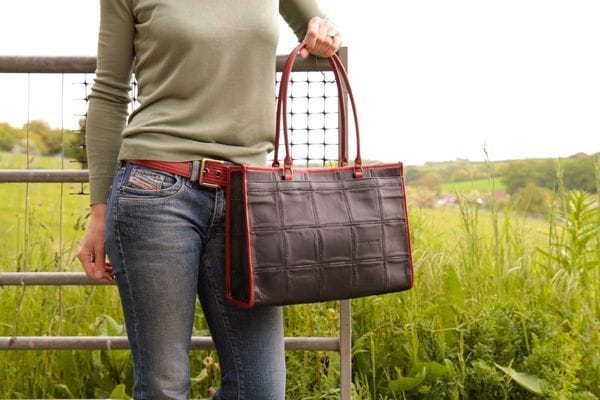
© Elvis & Kresse.
What business challenges have you faced and what elements have you had to adapt?
Oh so many. We set up an e-commerce website so early that we had to learn to code ourselves (no Shopify, no Squarespace), and everyone rejected fire hoses as a material so we had to learn to sew and establish our own techniques, equipment and manufacturing. A couple of projects could have killed us, including one with Apple (who are just so hard to trade with). And then you have events like Covid-19, which required an entire re-choreographing of how we work! I think we have adapted because we are stubbornly connected to rescuing materials and to the fire-hose and our charity partners. We never give up.
What about personal challenges?
I am a very, very lucky person. Very lucky.
What are the major opportunities for the company?
We can challenge traditional notions of capitalism, of luxury, of what success looks like. Who wouldn’t want opportunities like this?
What are your future plans – what would you ideally like to achieve?
We initially set out to rescue the hose, and I suppose that made us mavericks. What we really want now is to bring the industry around to our way of working. Progress is being made but it is soooo paaainnnffuuuuly sloooooowwww.
What do you think the luxury goods industry will look like in 10/15 years?
This is a tough one. We have such big problems to solve that to be honest I know there will be a future for utilitarian clothing but there might not be a future for fashion or luxury. Certainly not if we don’t address climate change and biodiversity loss.

